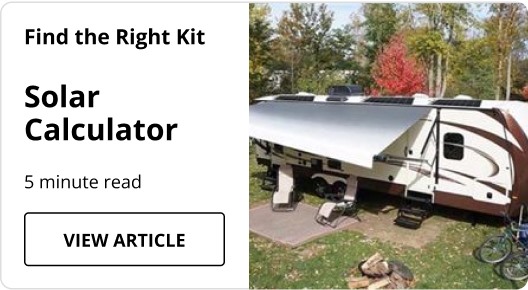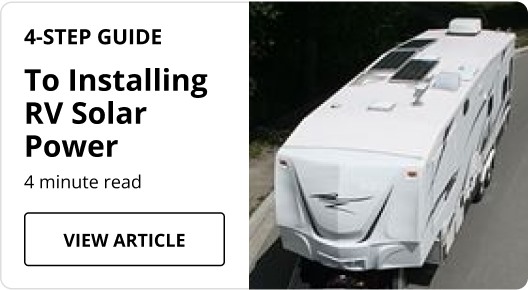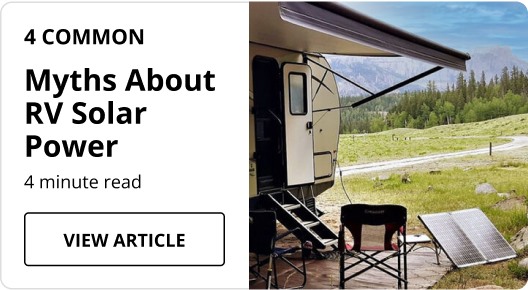
RV Solar Panels, Kits, and Power Solutions
RV Solar Panels
Solar Power Essentials
RV Solar Accessories

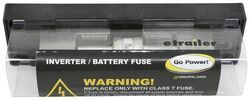
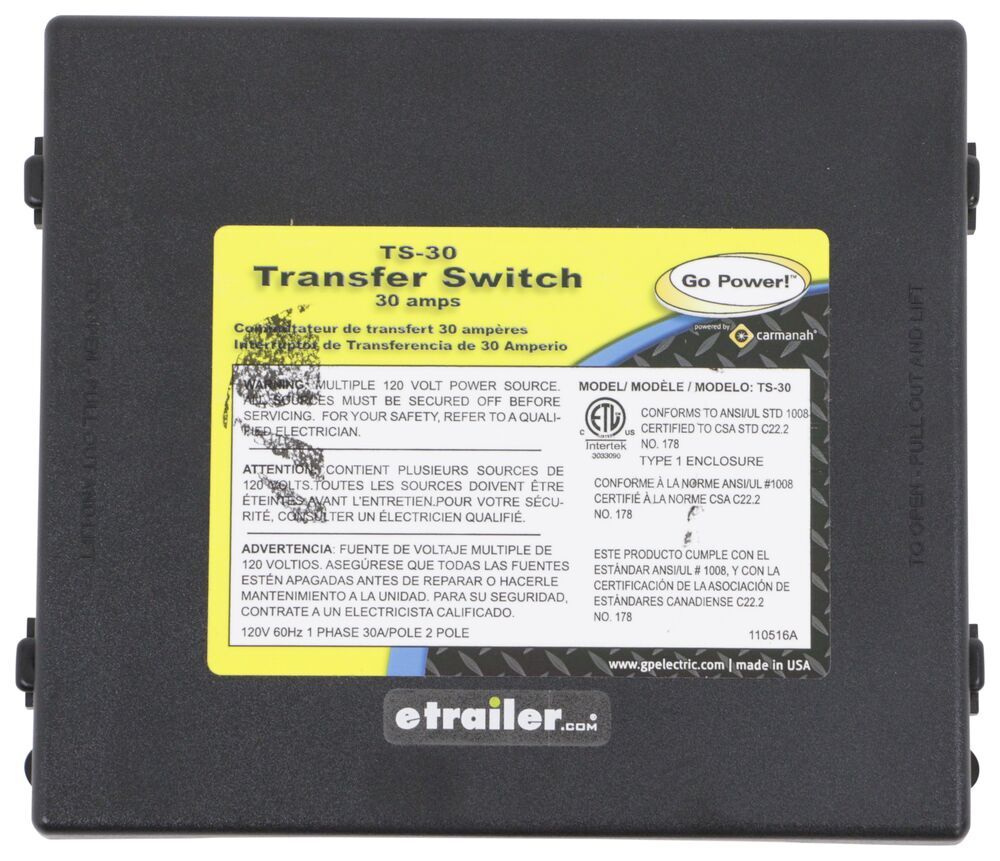

FAQs: RV Solar Power and System Planning
75+ years helping RVers upgrade and maintain their rigs 1M+ product photos and install videos for real-world reference 35,000+ professional installations completed Curated kits for Class A, B, C, trailers, and campers Live customer support from real product experts








